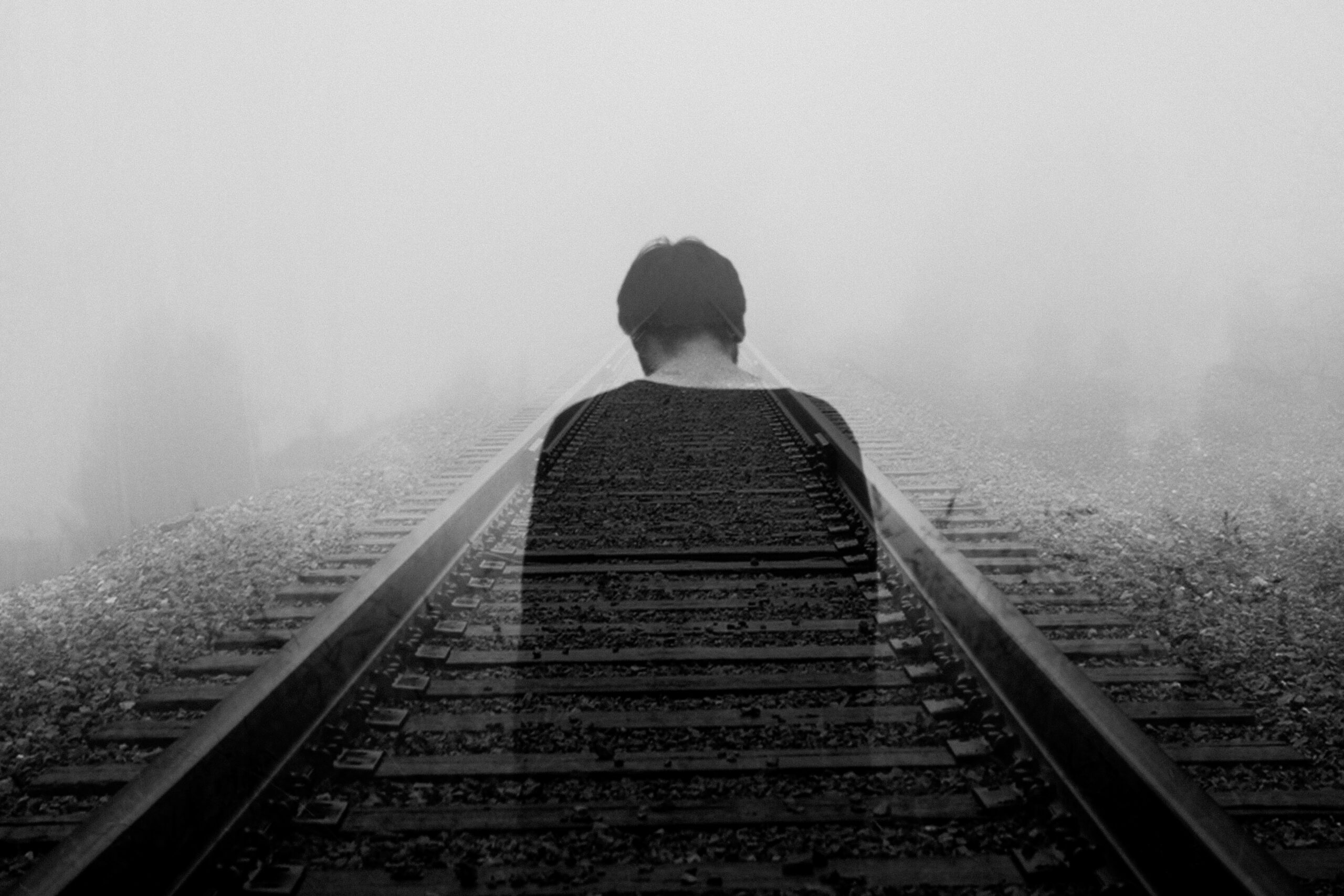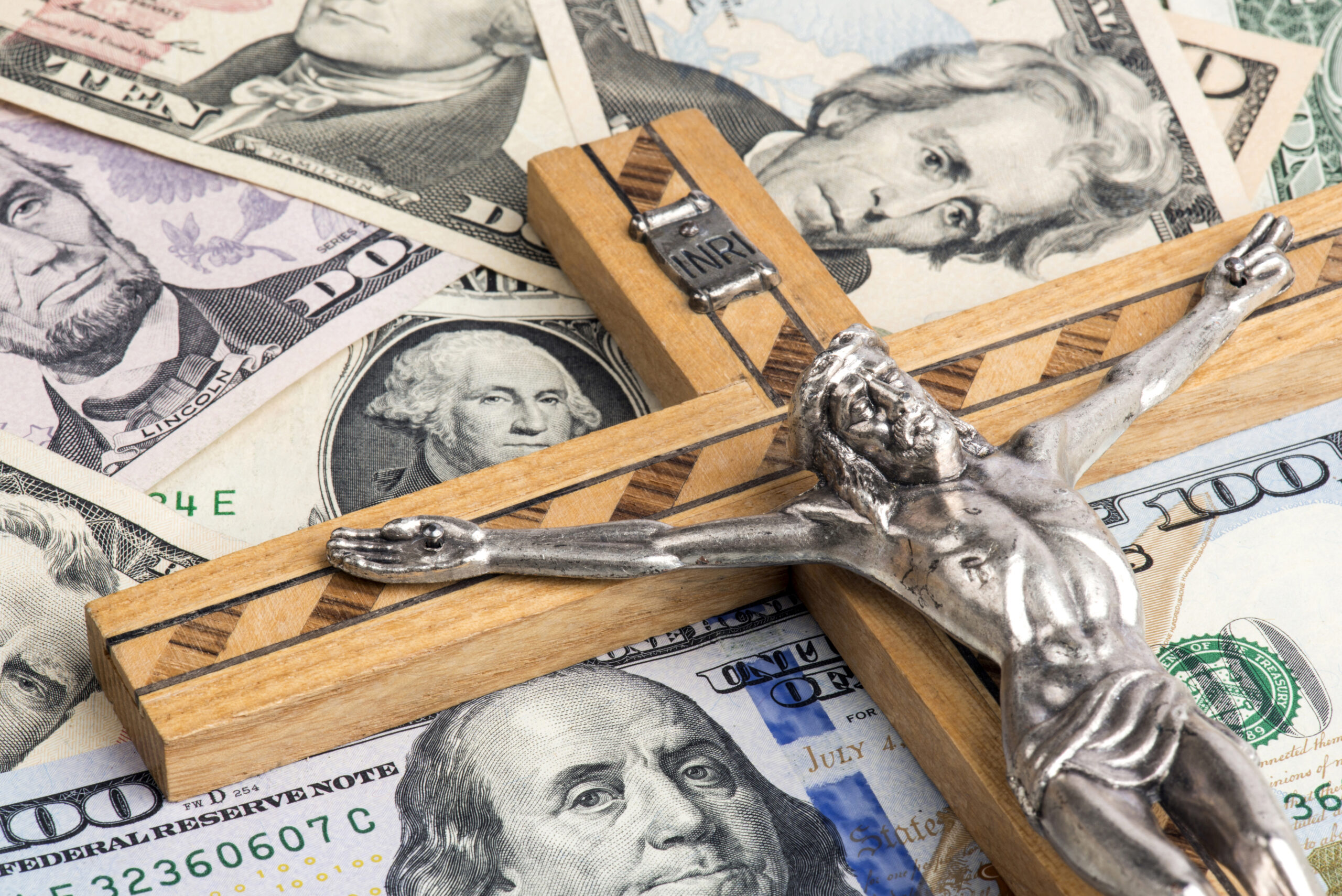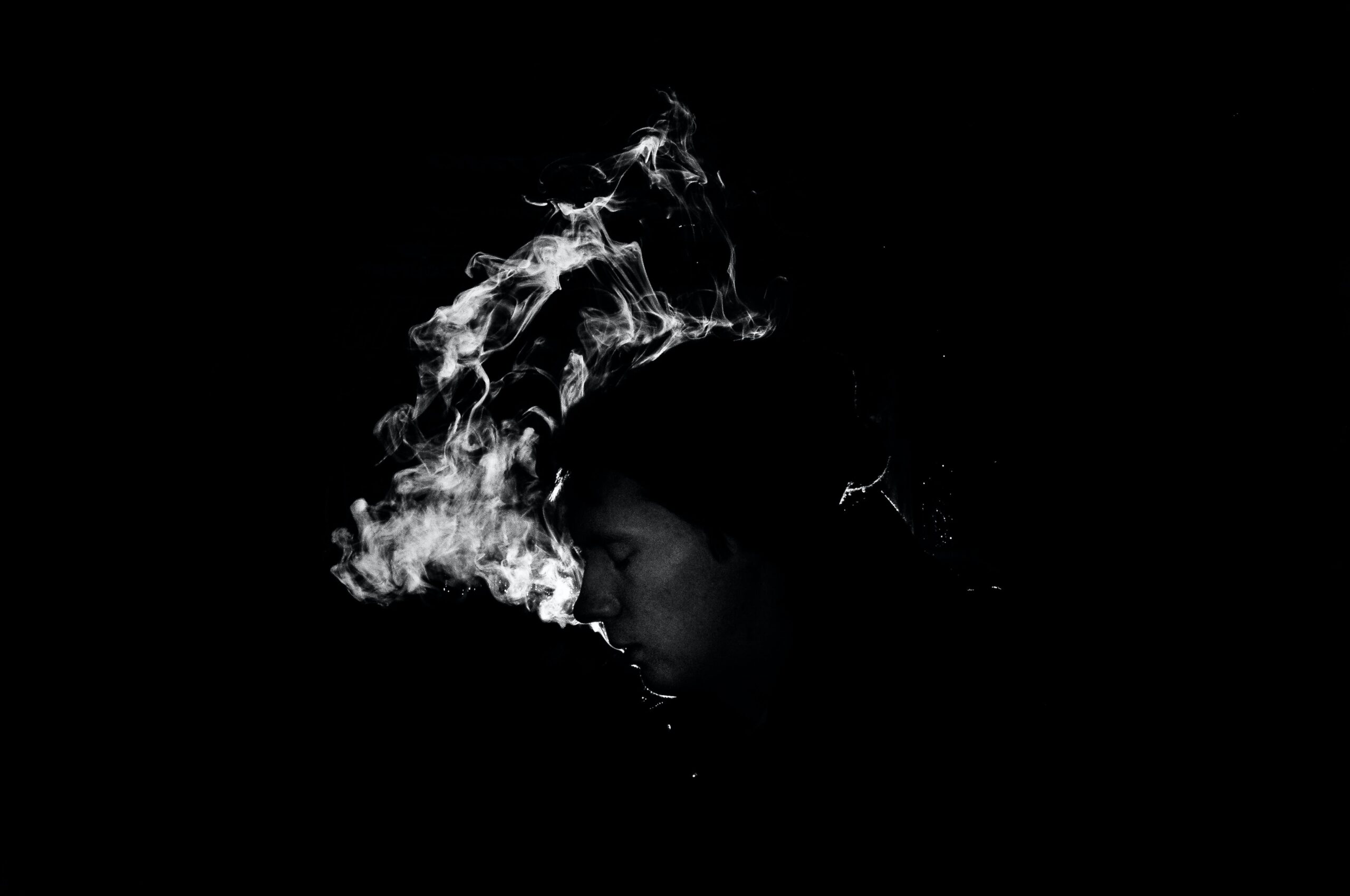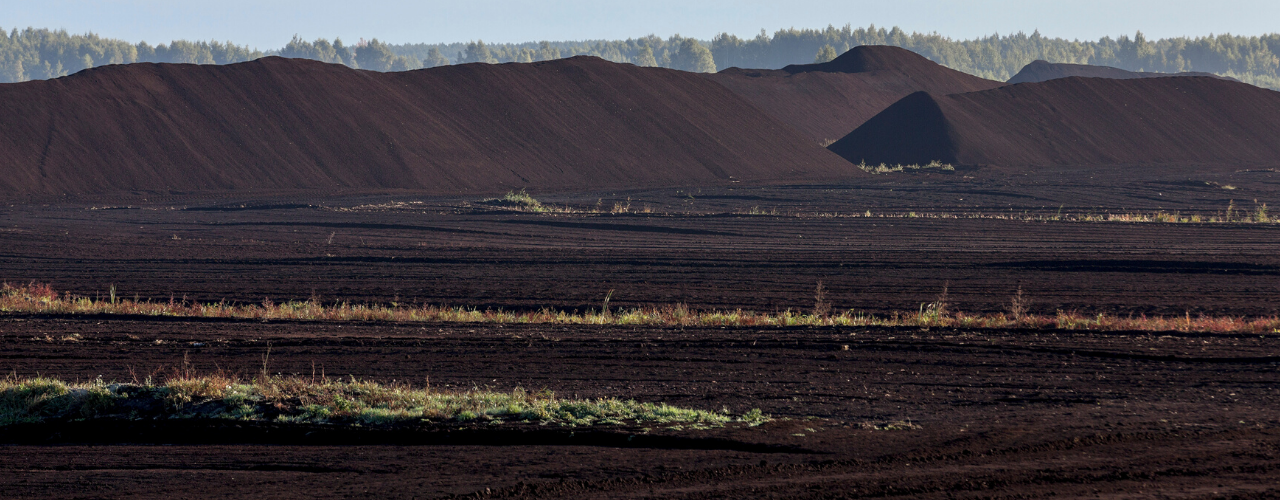
A World of Flows, Woes and Foes: Growth, Capitalism and Climate Breakdown
That is the way we should be thinking about the planetary crisis, in terms of new opportunities for rethinking the good life, rethinking human relationships with each other, rethinking human relationships with the earth, and so on at this time. Contrast this to the dominant public discussion of this issue in terms of framing it (and therefore delimiting it) to a continuation of business as usual. The effect of this is to maintain capitalism, consumerism, and our lifestyles as they are now, but perhaps drawing on renewable energy to do so.










